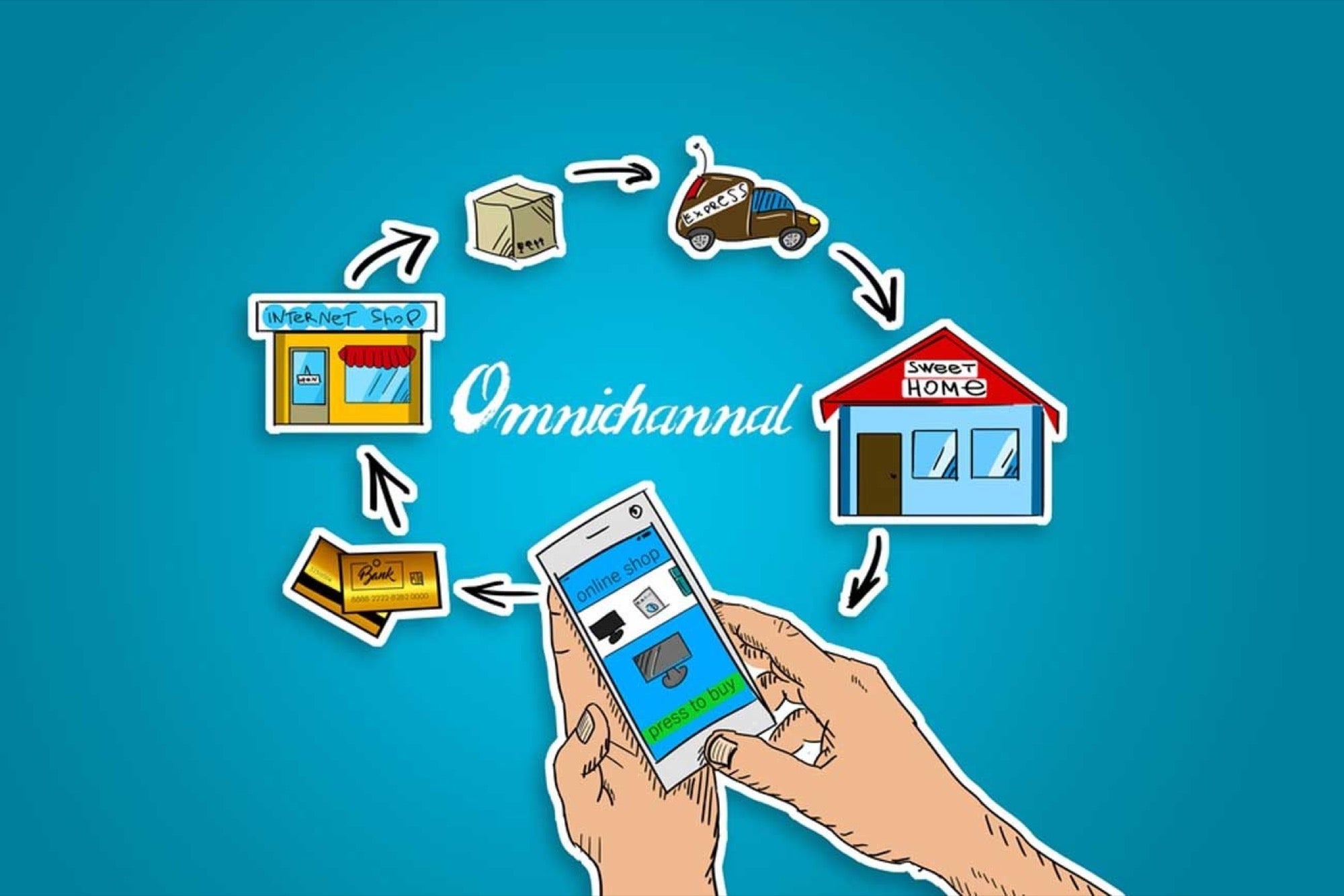How AI is Making Retail Shopping Experience Simpler for E-commerce Consumers Big Data was introduced to create a hyper-personalized shopping experience, but it failed to create desired impact
By Harsh Shah
Opinions expressed by Entrepreneur contributors are their own.
You're reading Entrepreneur India, an international franchise of Entrepreneur Media.

Culottes orharem pants, a formal suit or that sherwani, which is the best buy?
Big Data's Failed Impact
Retail stores are replete with choices for fashion-conscious consumers. While we may think the more choices we have the better, too many options have a tendency to confuse a consumer and leave the shopper less satisfied. In offline retail stores, a salesperson can influence your shopping decision; but how do you ensure that you get the same experience online? A few years ago, Big Data had come into existence trying to work out a hyper-personalized shopping experience for consumers. But it was unable to create the desired impact.
AI Redefining Online Shopping
The introduction of artificial intelligence (AI) and machine learning, however, has made online shopping a much simpler and engaging task. Consumers were able to de-clutter their options and avail a myriad of benefits at the click of a button.
The advent of AI is helping completely transform the way a person shops online. From remembering a customer's tastes and preferences, monitoring their search patterns and providing every individual with their choice of products, AI is redefining the way consumers shop online.
AI is able to recommend a customer with different styles of their choice by correctly understanding the features that are desired by the customer and gauging their preferences accurately.
AI Monitoring Consumer Patterns
AI monitors the browsing patterns of a consumer, stores the pages and websites which a consumer regularly views and as per its computations recommend products that a customer is likely to purchase.
According to an American research firm, Gartner, 85 per cent of customer interactions can be handled without human intervention by 2020.
Chatbots As Online Shopping Assistants
Just like an offline store has a salesperson, shopping assistants are emerging online in the form of chatbots. They are software programmes designed to simulate human-like conversations with users. AI-powered chatbots in e-commerce are fulfilling the need of a store person in the online space.
Chatbots Are Smart and Intuitive
These bots are interactive and are designed to perform simple to complicated tasks. E-commerce websites introduced chatbots to improve shopping experiences of consumers, help them with instant responses to their queries and provide 24/7 support. The advancements in AI and machine learning have made these chatbots not only smart but also intuitive. Chatbots now not only provide relevant recommendations to consumers but also indulge in casual conversation with the customer. In this manner, modern chatbots are driving more transactions as well as earning customer trust and enhancing the chances of repeat purchases.
Machine Learning Improving Product Search Capabilities
One of the most promising tools in AI is machine learning. It has the ability to standardize product categories, quickly apply knowledge from large data sets to recognize objects, speech, and visuals, etc. making it easier for customers to look for their favourite products in the most convenient manner. Machine learning has improved product search capabilities on e-commerce. It is able to provide customers with appropriate options based on their search preferences. The machine learning algorithms are so advanced that it is able to offer personalized recommendations and acknowledge the shoppers' intent based on their shopping patterns, profile data and so on.
Competition is Stiff
The competition between the e-commerce industry and brick-and-mortar stores is stiff and ongoing. While physical interaction and guidance with sales personnel were a tremendous weapon in offline stores' arsenal till date, the advent of AIs, machine learning, and chatbots is fast wiping out the deficit. With the unlimited potential of AI, it can revolutionize not only retail e-commerce but retail as a whole and is well on its path to achieve such a feat.










